It's not often that we in the critical world revisit a production towards the end of a run to see how it's settled. I had two reasons for wanting to return to Christopher Alden's English National Opera production of Britten's A Midsummer Night's Dream. First, I wanted to hear the liquid-gold countertenor of Iestyn Davies in action as Oberon, since he'd been voice-indisposed for one night only (and superbly doubled in that capacity by William Towers). But above all, this is perhaps the most thought-provoking and haunting staging I've seen at ENO over the past two decades, and I wanted friends who hadn't seen it to share the experience.
It's not often that we in the critical world revisit a production towards the end of a run to see how it's settled. I had two reasons for wanting to return to Christopher Alden's English National Opera production of Britten's A Midsummer Night's Dream. First, I wanted to hear the liquid-gold countertenor of Iestyn Davies in action as Oberon, since he'd been voice-indisposed for one night only (and superbly doubled in that capacity by William Towers). But above all, this is perhaps the most thought-provoking and haunting staging I've seen at ENO over the past two decades, and I wanted friends who hadn't seen it to share the experience.
The group verdict? Musically outstanding, from all concerned: Davies produces Purcellian lines of spellbinding beauty, and still manages to stay in creepy character, while Leo Hussain's work with the orchestra on bringing out the disconcerting mix of malignity, frozen horror - often where we hadn't realised it existed - and sensuousness in the score has just got better and better. This is imaginative, production-linked conducting. It succeeds at the same high level as music director Edward Gardner's part in the otherwise more questionable David Alden Peter Grimes. That makes it the performance of a season that's nearly over.
Was I upset if not everyone shared my conviction that this is also the production of 2010-11? Initially, yes; it was tough sitting next to someone who resolutely loathed the admittedly edgy portrayal of the mechanicals and wasn't going to laugh at anything in the tragical comedy of Pyramus and Thisbe.
In fact, production-wise we turned out to be three passionately for, and three against. The cons protested against a story that didn't "add up" - c'mon, folk, it's a dream - that seemed obvious in its take on child abuse and that simply wasn't funny enough (fair enough: we all roared our way through Robert Carsen's previous ENO staging of the Bottom strand). The most valid point I had to take on board was that sex always comes across as sordid and repellent, which made me think: well, fair enough, romantic love at least does get celebrated in both Shakespeare and Britten, never here. But I still think Alden's work, Charles Edwards's sets and a string of committed performances all play their part in creating a world, one which disturbed me even more at the end of the run-together first and second acts this time round. Awards, please.
- Two more performances of A Midsummer Night's Dream at the London Coliseum on Saturday, 25 June and Thursday, 30 June. See ENO's website for special ticket offer
- See what's on in ENO's 2011-12 season

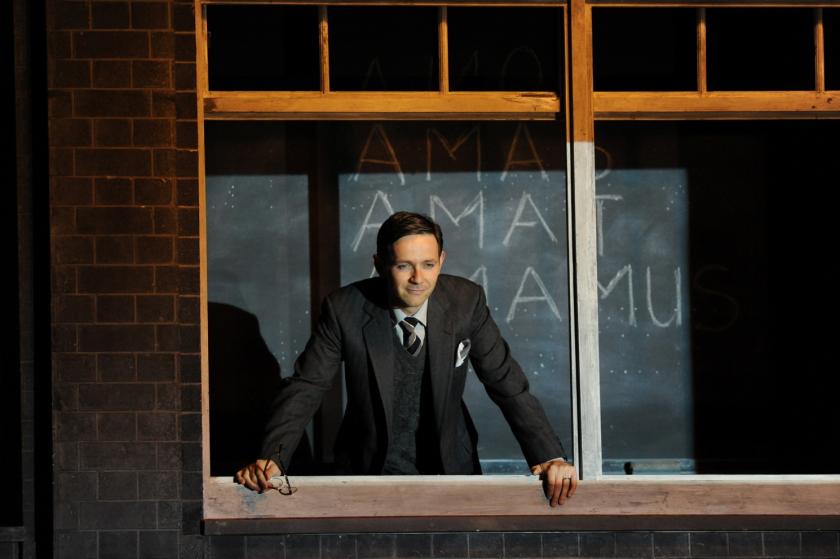



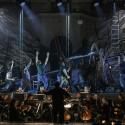
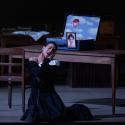
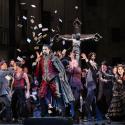

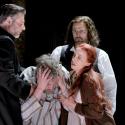
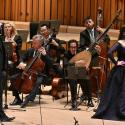
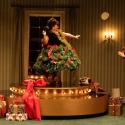
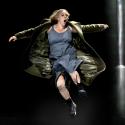
Add comment